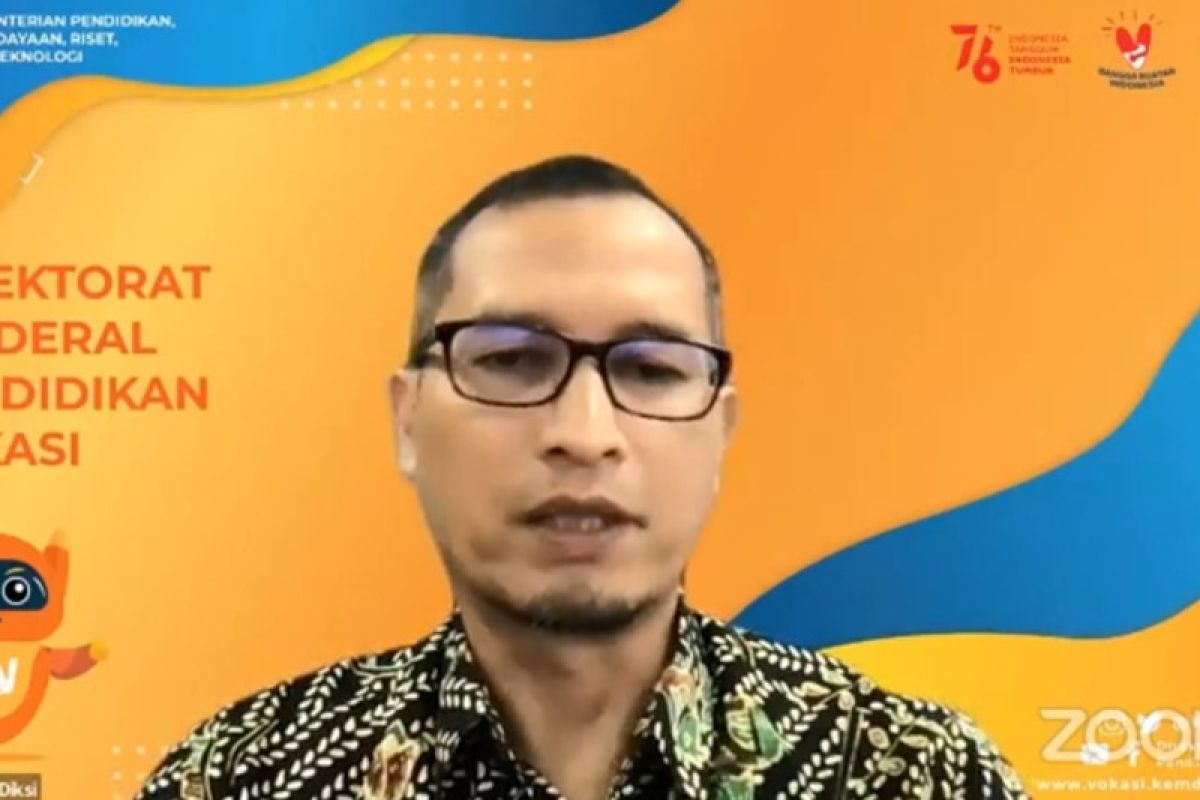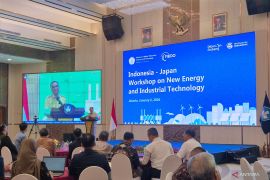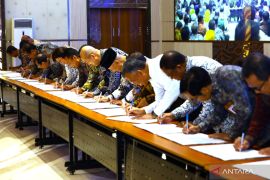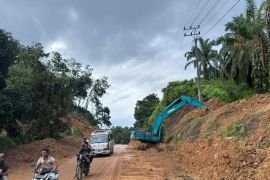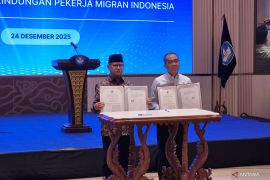"This program has proven successful in accelerating the employment rate of graduates," the ministry's director general of vocational education, Kiki Yuliati, said at the program's online information dissemination here on Wednesday.
On average, vocational students who take part in the MSIB program only have to wait around one to four months to find a job, she added.
According to her, the MSIB program helps form quality human resources that are globally competitive both in terms of hard skills and soft skills.
In addition to landing a job faster, MSIB program participants may get a salary that is 0.72 percent higher than the provincial minimum wage (UMP).
Therefore, she asked college boards and lecturers to support and allow their students to take advantage of and participate in the MSIB program.
Campus support relates to the conversion of semester credit units (SKS), which often becomes an obstacle for students. Yuliati said that there are still many universities that have not converted the participation in MSIB program into 20 credits for several reasons.
Meanwhile, the ministry’s academic director of vocational higher education, Beny Bandanadjaja, said that students will be able to interact directly with the business and the industrial world (DUDI) through the program and gain experiences that cannot be obtained on campus.
The MSIB also has a positive impact on universities in terms of realizing the key performance indicators (IKU) of state universities.
Registrations for the fourth batch of the MSIB program for vocational students are open until January 27, 2023. At least 38 thousand students from 700 universities across Indonesia have registered with MSIB to intern with 133 industrial partners.
Related news: Ministry supports vocational colleges for students to explore skills
Related news: Vocational education can attune skills to job market requirements
Translator: Astrid H, Kenzu
Editor: Rahmad Nasution
Copyright © ANTARA 2023
